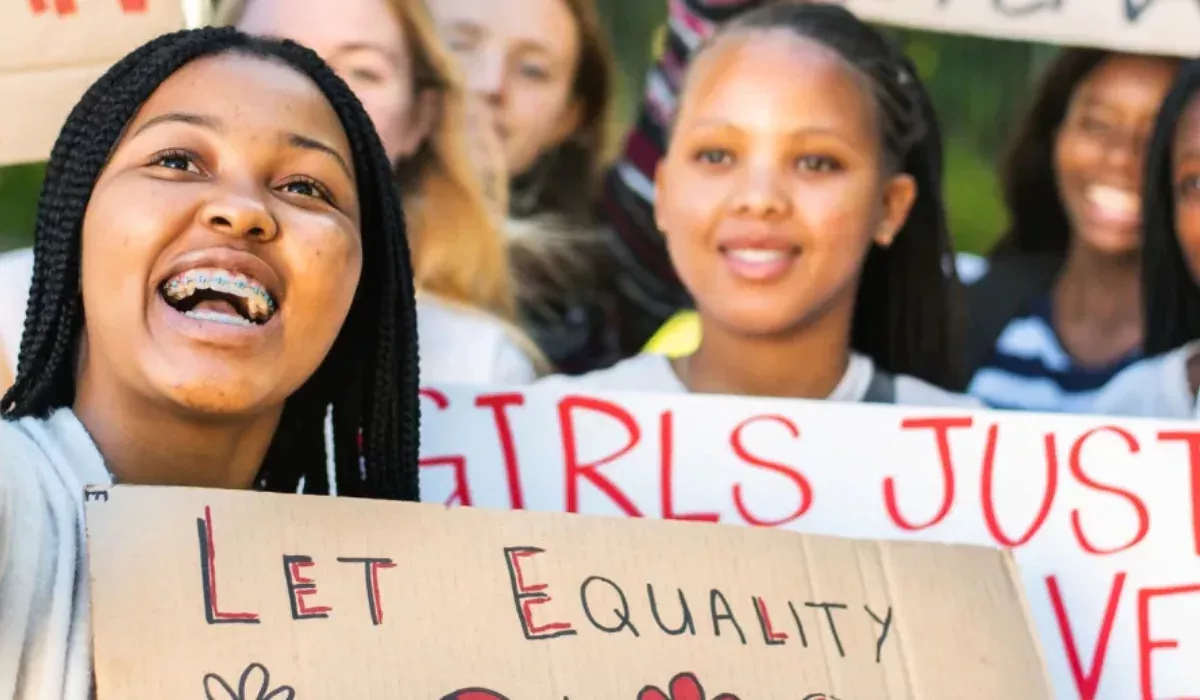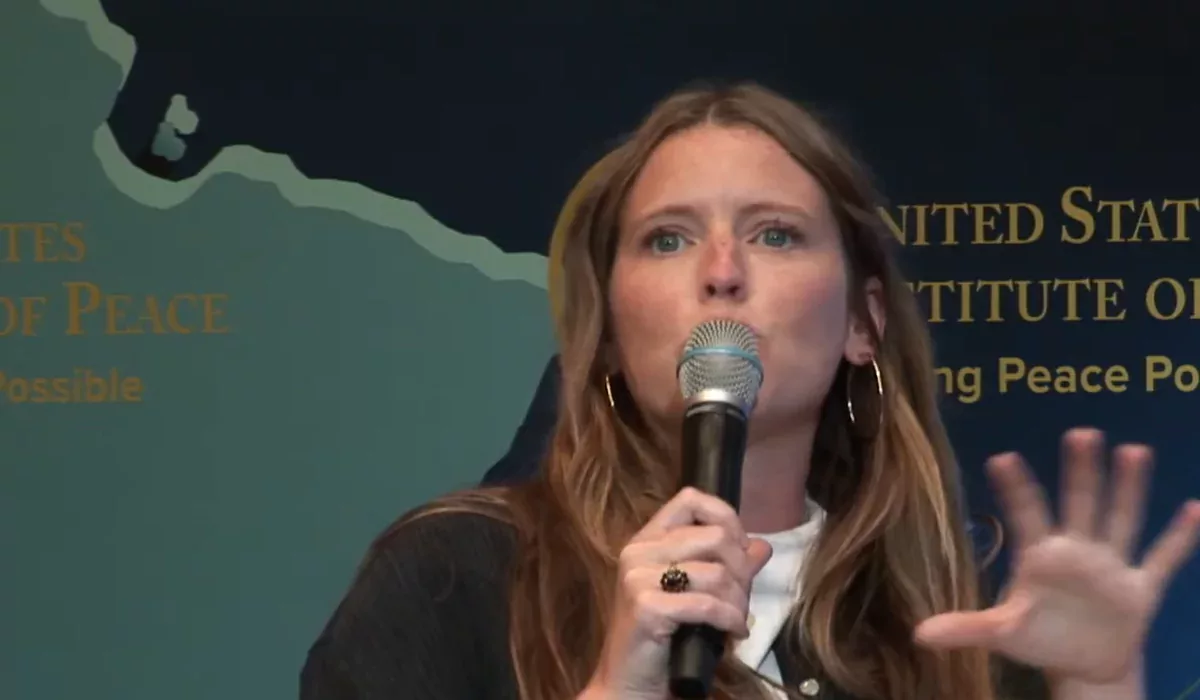
Black Philanthropy Month 2024: Honoring the Past, Shaping the Future
August is Black Philanthropy Month (BPM), and the 2024 theme is “Afro-Futures of Giving.” Although this is a vision I wholeheartedly get behind, I wish there was no need for a designated month to celebrate “Black philanthropy” when the Black community has giving and sharing woven into the very fabric of our culture. (Nearly two-thirds of Black households currently donate to charities, totaling $11 billion each year. And this generosity is in spite of the systemic barriers that are still in place, making it more difficult to build and maintain wealth.) However, the philanthropy sector is unfortunately still white-dominated, and the notion of rich white countries “giving to the poor” in formerly colonized nations still prevails…
BPM was originally conceived by Dr. Jacqueline Bouvier Copeland in 2011. Now, The WISE Fund, founded by Jackie, runs the campaign every August to celebrate giving by people of African descent and recognize the contributions of philanthropic leaders to the Black community.
The Black community’s affinity for giving is far from a new phenomenon. It is well known that to survive segregation and the Jim Crow era, Black people contributed through community churches, social organizations, fraternal groups, educational institutions, and mutual aid societies. Black philanthropy played a crucial role in establishing Black schools, banks, and businesses. It was also common for Black communities to provide direct support to family members and loved ones to meet basic needs. And then there are the many Black philanthropists who dedicated much of their lives to giving back to their communities throughout history.
As author and assistant professor of philanthropic studies at Indiana University, Tyrone Freeman, puts it: “Black-led philanthropy is unique because the significant social changes it has driven in America have benefited not only Black people but also every other marginalized group in the country.”
This all being said, let’s not forget that the philanthropy sector that we’re talking about has a whole different history. Traditional philanthropy, rooted in wealth built on colonialism and slavery, often reinforces old power dynamics put in place during that era. And when this oppression-derived wealth is given away without careful thought or with strings attached (designed by the wishes of the donor), it can, even if unintentionally, maintain the very inequalities it claims to be fighting.
And so, just as we stopped allowing our ancestors stolen from Africa to be called “slaves” or “former slaves,” we have to shift the perspective and take back ownership when it comes to philanthropy, too. It’s time to turn a page within the sector once and for all and sever the ties with colonialism and white supremacism.
So what does this mean to those of us working in the philanthropy sector today and doing our best on an individual level to live and breathe equity and justice? First and foremost, we must work hard to make sure the structures that were put in place previously and the systems that we’re a part of now are compatible with the social change that we are chasing.
Who is designing the programs? Who is making the decisions? What language are we using to describe the processes taking place?
How can we be more forward-thinking and future-thinking around what these systems–whether we’re talking about laws, policy, health systems, or, of course, the philanthropy sector–could look like in a better world?
Rockefeller Philanthropy Advisors (RPA) has been in service to philanthropy for over 22 years. Of course, we have evolved so much in that time, both as an organization and as a sector. And now, we need to be proactive in understanding what the landscape is today, and what needs to be done to progress even further.
At RPA, we have countless Black-led sponsored projects that are doing amazing things. The Black Trustee Alliance For Art Museums comes to mind, transforming art museums (yet another overwhelmingly white-dominated space) into more equitable spaces of meaningful cultural engagement by harnessing the power of Black trustees. There is also the Just Beginnings Collaborative–an incredible organization re-examining the root causes of child sexual abuse and how to resource true prevention. I look forward to diving into these and others over the course of this month in an attempt to showcase the breadth of innovation and dedication that can be seen within Black-led philanthropy.
The future of philanthropy is going to depend on the power dynamics and relationships between donors and grantees. Is it once again a case of rich white countries or foundations from those countries pulling the strings and dictating to the recipients what they need or what they should do? Or can we build a reimagined version of philanthropy: sharing wealth and empowering communities with equity at its core?
It is critical that we move away from the white saviorism that runs deep in the philanthropy sector and toward a philanthropy of inclusion that really is about equality. This means accepting and learning from the many threads of history that are a part of what global philanthropy is (or is trying to be) today. It’s truly the people that we don’t see and hear from who are the champions of the transformation that we’re looking for.
So let’s celebrate Black-led philanthropy, Black philanthropists, and the countless Black-led movements that work tirelessly on the ground to turn cash into lasting, meaningful, social change that truly benefits peoples’ lives—whether it’s “Black Philanthropy Month” or not!


